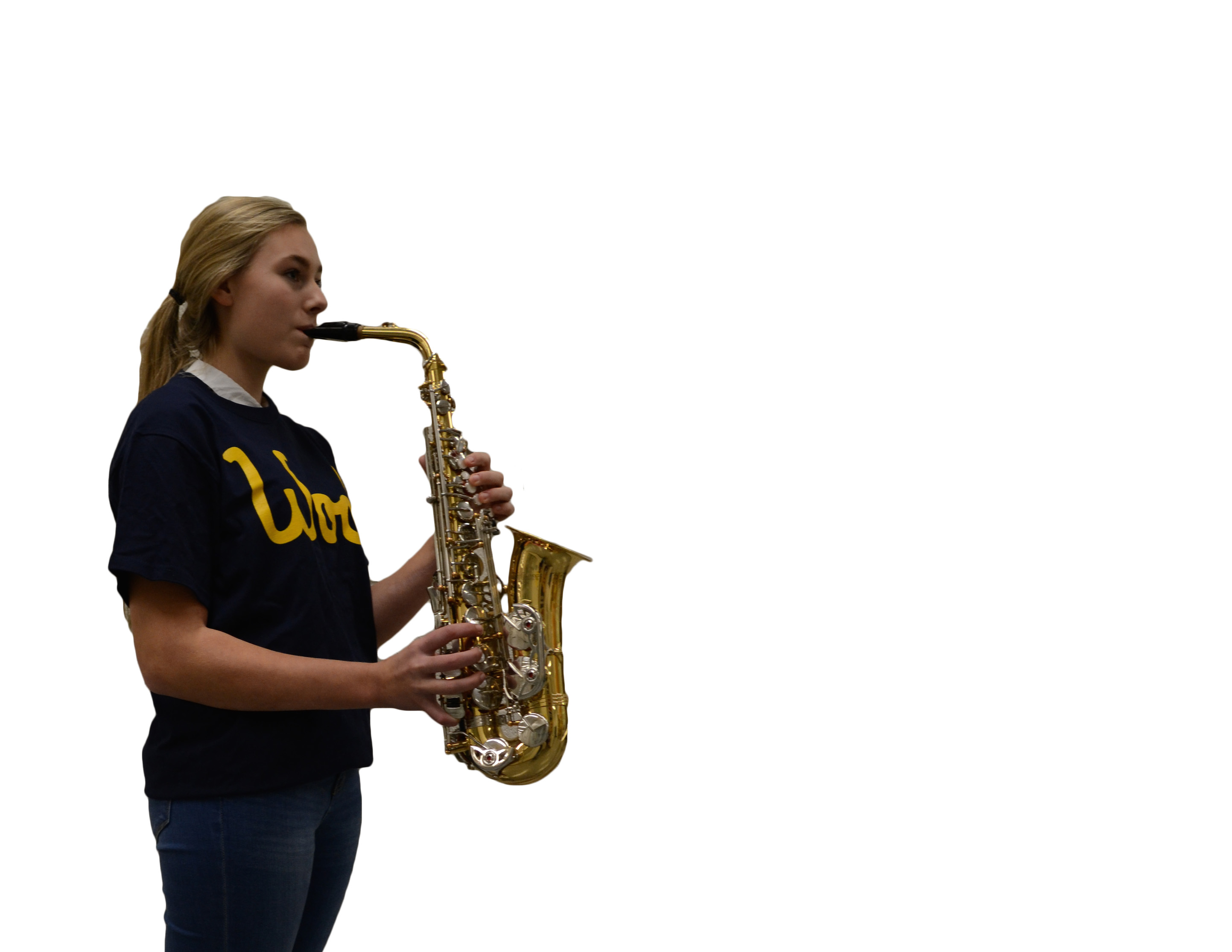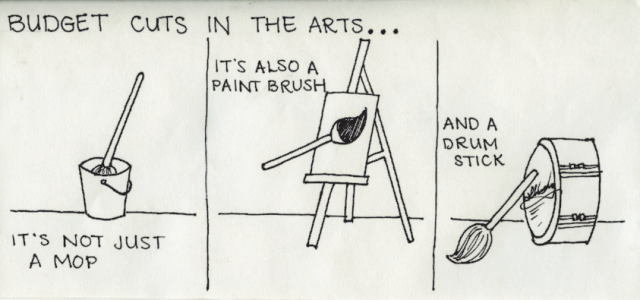Changing music landscape precipitates death of albums
On Nov. 3, 2014, Taylor Swift declared war on the music streaming website, Spotify, by pulling her music from the site, following suit behind other artists, such as Beyonce and The Black Keys.
In an interview with Yahoo!, Swift shared she feels the rapidly changing music industry is beginning to feel like an “experiment.” She went on to say, “I’m not willing to contribute my life’s work to an experiment that I don’t feel fairly compensates the writers, producers, artists and creators of this music. And I just don’t agree with perpetuating the perception that music has no value and should be free.”
Despite the backlash Swift is facing for her harsh stance, Swift’s newest album, 1989, sold over 1.25 million copies in its first week. For an album to go platinum, it must sell one million copies. Swift’s album is the first album that was released in 2014 to go platinum in 2014. However, a Forbes article entitled “Why Taylor Swift’s 1989 Could Be the Last Platinum Album Ever,” speculated Swift’s 1989, released Oct. 27, may be the last to achieve this feat. The article also states that by this time last year, five albums had already reached platinum.
Perhaps an article from CNN, entitled “Songwriters: Spotify doesn’t pay off unless you’re Taylor Swift,” exemplifies the mistreatment of music’s best through rock ‘n’ roll legend Bon Jovi’s experience with Spotify.
In 2012, the infamous anthem “Livin’ On A Prayer” received around 6.5 million plays on Spotify over three months. Bon Jovi and his two co-writers earned a whopping $110 from this success.
If given the option, it is practical for a person to choose to listen to music for free instead of paying for it, but is this option worth the detriment to the music industry overall?
There is no concrete answer as to why albums have seen such a decrease in sales, only speculation.
However, most experts attribute this decline to a changing music industry landscape that prefers the release of singles instead of albums and streaming music instead of CDs.




